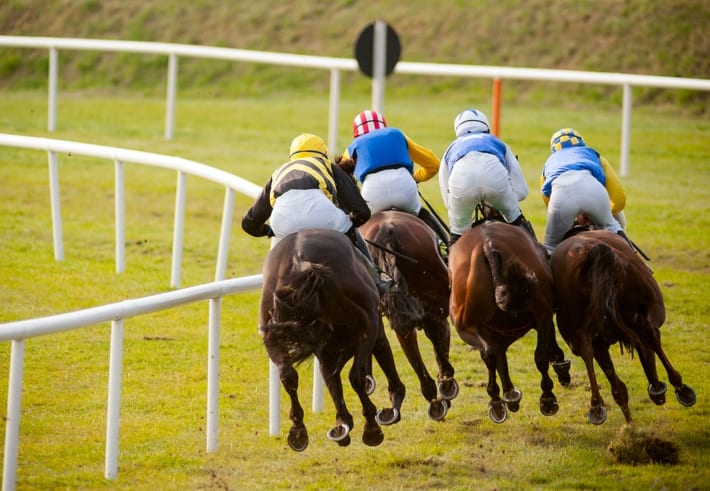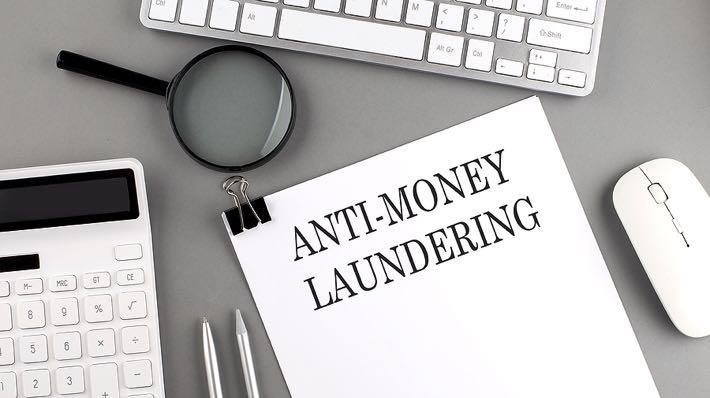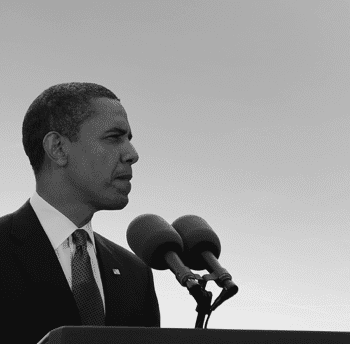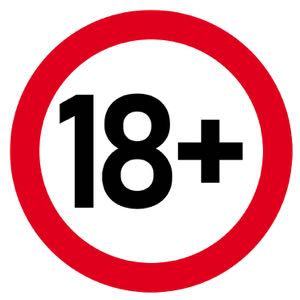 As the popularity of sports betting continues to grow, fuelled in no small part by online platforms and easy access to the various gambling markets, it’s natural to wonder if there are any limitations to what you can legally bet on. In the United Kingdom, where gambling is a well-established and regulated industry, there are indeed certain restrictions and prohibitions in place to ensure the integrity of betting activities and protect vulnerable individuals. While the range of betting options is extensive, there are still a few areas that are off-limits.
As the popularity of sports betting continues to grow, fuelled in no small part by online platforms and easy access to the various gambling markets, it’s natural to wonder if there are any limitations to what you can legally bet on. In the United Kingdom, where gambling is a well-established and regulated industry, there are indeed certain restrictions and prohibitions in place to ensure the integrity of betting activities and protect vulnerable individuals. While the range of betting options is extensive, there are still a few areas that are off-limits.
In essence, the reality is that there are two reasons why something might not be available for punters to bet on: things that are illegal and things that are distasteful. When Barack Obama won the US Presidential election, for example, Paddy Power opened a market that the President would not complete his first term in office for any reason, including assassination. That market didn’t last long, however, before it was taken down for being distasteful. Generally, the UK betting market is about the most relaxed one in the world, but that doesn’t mean there aren’t some exceptions.
The UK’s Regulatory Framework

Before delving into the specific restrictions, it’s important to understand the regulatory framework that governs gambling in the UK. The main legislation is the Gambling Act of 2005, which sets out the rules and regulations for all forms of gambling activities, including sports betting. The Act created the United Kingdom Gambling Commission, which is an independent public body responsible for regulating commercial gambling in Great Britain. The Gambling Commission’s primary objectives include preventing gambling from being a source of crime or disorder.
Not only that, it works to ensure that gambling is conducted fairly and openly and that gambling companies do what they can to protect children and vulnerable individuals from being harmed or exploited by gambling activities. To achieve these objectives, the commission has the power to grant licences to operators, enforce compliance with regulations and impose penalties for any breaches. This can include removing an operator’s licence altogether, so it is fair to say that betting companies do what they can in order to ensure that they stick within the UKGC’s rules and regulations.
Legal Betting Options

In the United Kingdom, there are a wide range of legal betting options available to consumers that can be offered without falling foul of the Gambling Commission. The most popular form of betting is sports betting, which includes traditional sports like football, tennis, horse racing and cricket. Additionally, you can legally bet on various other sports, including rugby, golf, boxing, Formula 1 and even emerging disciplines like eSports. Beyond the world of sports, the UK gambling market offers a diverse range of betting opportunities, ensuring plenty of choice for bettors.
Casino games, such as blackjack, roulette and slot machines, are widely available both in land-based establishments and online. Lotteries and scratch cards are also popular forms of gambling, with the National Lottery being a prominent example of the sort of companies that offer this form of betting. On top of that, there are also options for betting on political events, television shows, such as Britain’s Got Talent, and even the outcomes of non-sporting events like the Academy Awards. All of these are legal options, meaning that there is no need to bet on illegal ones.
Restrictions & Prohibitions

While the range of legal betting options is extensive, there are certain restrictions and prohibitions in place to ensure responsible gambling and prevent illicit activities. Some of these are more to do with the circumstances of the bettor than what it is that they’re betting on. It is illegal for individuals under the age of 18 to participate in any form of gambling in the United Kingdom, for example. Strict age verification processes are in place to prevent underage individuals from accessing gambling services, both online and offline.
Licensed operators are required to verify the age and identity of their customers before allowing them to place bets or engage in any gambling activities. These Know Your Customer requirements are in place not just to ensure that people don’t place bets illegally, but also to stop the likes of money laundering from taking place. Similarly, there are other scenarios that are illegal rather than specific markets. Any form of betting related to match fixing or insider information is strictly prohibited. It is illegal to place bets on sporting events with the intention of manipulating the outcome or gaining an unfair advantage through insider knowledge.
Whilst not directly related to sports betting, it’s important to note that there are restrictions on betting or trading based on non-public information that could impact financial markets. Insider trading, which involves using privileged information to gain an unfair advantage in stock markets, is illegal in the United Kingdom. This helps maintain market integrity and protects the interests of investors. There are some things that feel like they should be the responsibility of the financial bodies that fall under the UKGC’s jurisdiction, which is why it is important to mention this here.
Restricted Events & Markets

When it comes to actual things that you’re not allowed to bet on, there are some specific events and markets that may have restrictions placed on them due to their nature or potential risks. As an example, certain high-risk or controversial sports, such as extreme fighting or blood sports, may not be available for betting due to concerns over participant safety and ethical considerations. On top of that, certain sensitive events like political elections or referendums, may have restrictions on betting to prevent manipulation or undue influence on democratic processes.
Whilst this isn’t all that common, it does happen on account of the fact that the focus has to be on maintaining the integrity of these events and ensuring that they are not subject to external interference. As a result, there may be some times and occasions when it is decided that you won’t be able to place bets on such events. If people think that a particular person or party is very likely to win an election, say, then they might not go and vote. This can be influenced by the betting market and reported on as news, which is why the restrictions can occur.
In-Play Betting Restrictions
In-Play betting, which allows individuals to place bets during the course of a sports event, is popular thing to engage in in the UK. However, there are restrictions on the types of bets that can be placed during a match. These tend to be markets that could be easily manipulated without being spotted as taking place deliberately. There is a huge market in such illegal betting, especially in the likes of India and China, where betting syndicates will work together in order to influence certain markets and make money from the In-Play betting options around them.
Whilst this does still take place, the betting companies have become much better at simply stopping access to such markets, rather than trying to clamp down on the people doing it. By removing the markets from the options available to punters, it stops companies from needing to worry that they might be being abused by nefarious characters for their own financial gain. Sadly, this also means that genuine bettors are unable to place wagers on markets that they might otherwise have looked towards for good betting opportunities.
Online Gambling Restrictions

The United Kingdom has a well-regulated online gambling market, but there are still some restrictions in place. For example, it is illegal for online gambling operators to offer their services to individuals in countries where online gambling is prohibited or heavily regulated. Additionally, operators must comply with strict anti-money laundering regulations and implement measures to promote responsible gambling, such as allowing customers to set deposit limits or self-exclude from gambling activities. Obviously these aren’t ‘things you can’t bet on’ so much as they are ‘reasons you can’t bet’.
Even so, it is worth mentioning it as a reason you might not be able to place bets that you’re trying to place. It isn’t necessarily that you’re attempting to bet on something that isn’t allowed, but it could be that you are in a country where placing such bets is against the law and the gambling operator that you’re trying to use is ensuring that they stick to the rules and regulations that apply in that country. Alternatively, it might be that you’ve decided to self-exclude in the past and that that period of self-exclusion hasn’t yet elapsed, hence being unable to place your chosen wager.
The Role of Responsible Gambling
 Within the United Kingdom’s gambling industry, responsible gambling is a crucial aspect that aims to protect vulnerable individuals and promote safe betting practices. Licensed operators are required to adhere to responsible gambling guidelines, which include providing resources for individuals to manage their gambling activities responsibly, offering self-exclusion options and promoting awareness of gambling-related harms. Independent organisations such as GambleAware and GamCare work alongside the government and the gambling industry as a whole.
Within the United Kingdom’s gambling industry, responsible gambling is a crucial aspect that aims to protect vulnerable individuals and promote safe betting practices. Licensed operators are required to adhere to responsible gambling guidelines, which include providing resources for individuals to manage their gambling activities responsibly, offering self-exclusion options and promoting awareness of gambling-related harms. Independent organisations such as GambleAware and GamCare work alongside the government and the gambling industry as a whole.
These bodies look to provide support and treatment for individuals affected by gambling-related problems. These organisations offer helplines, counselling services and educational programs to raise awareness about the risks associated with gambling. It is entirely possible that you are in a situation where you’re not being allowed to place bets that you want to place simply on account of the fact that you’ve looked for help from such an organisation, but that is no bad thing if you’re someone that has suffered from gambling related harm in the past.
No Betting on Immoral Things

In the UK, there is a wide range of legal betting options available to those that wish to stick within the law. Even so, certain restrictions and prohibitions are in place in order to ensure that the integrity of gambling activities remains. One of the biggest restrictions in place, aside from the ones that are there to protect the vulnerable and the likes, is the restriction on betting on immoral things. You can bet on eSports that involve death, with the likes of Call of Duty being a popular game in that category, but you can’t bet on someone dying in real life with British bookies.
That is why Paddy Power’s 12/1 odds on the likelihood of Barack Obama not completing his first term in office, even if he was assassinated, didn’t last long before the bookmaker removed the market. It is likely that they put it up in the first place in order to gain the associated publicity, with the tastelessness of it making headlines. Regardless, you can’t bet directly on death. Instead, you need to find ways around it, such as betting on a species going extinct thanks to climate change, or the next Pope. The latter market only becomes relevant when the current Pope dies, but it isn’t directly about their death, which is why it can be placed.
Betting on Underage & Amateur Markets
 We’re not talking about subjects that are immature here, but rather on children. You won’t be able to place bets on a match between Liverpool’s Under-18s team playing Manchester United’s Under-18s team, for example. That is something that is considered to be outside the realms of the kind of thing that you can bet on. The same is generally true for amateur events, though there are some exceptions. You can bet on the Olympics, for example, which often features amateur participants. You can also bet on horse racing in which some of the jockeys will be amateur riders.
We’re not talking about subjects that are immature here, but rather on children. You won’t be able to place bets on a match between Liverpool’s Under-18s team playing Manchester United’s Under-18s team, for example. That is something that is considered to be outside the realms of the kind of thing that you can bet on. The same is generally true for amateur events, though there are some exceptions. You can bet on the Olympics, for example, which often features amateur participants. You can also bet on horse racing in which some of the jockeys will be amateur riders.
What we’re talking about is the likes of trying to bet on a game of football taking place down at your local park, of a tennis tournament that is going on at the club that you attend. If there is something that bookmakers either don’t know much about or else fear the market being manipulated over then the likelihood is that they won’t be allowing you to place any wagers on it. That doesn’t mean that you won’t be able to place bets amongst your friends or colleagues, of course. It just means that placing bets in a regulated, legal market is something that will be off limits.